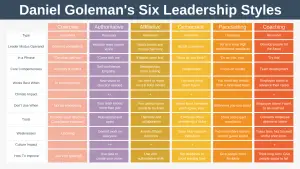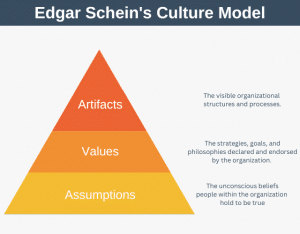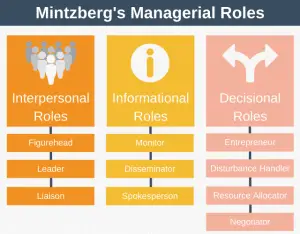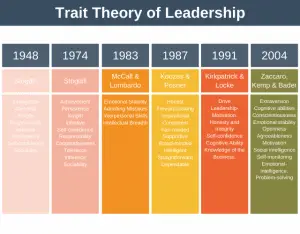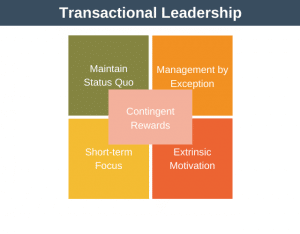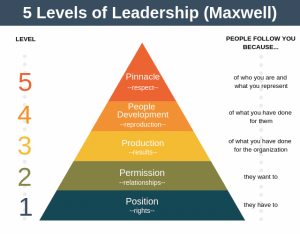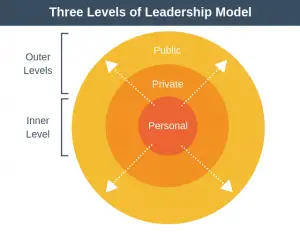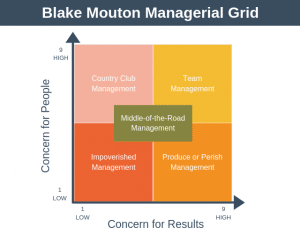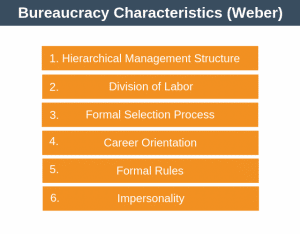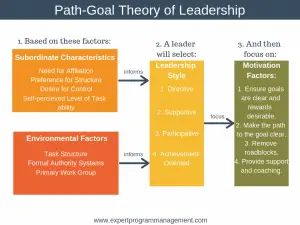Your power in the workplace doesn’t just exist because of the job title you hold. Power can be present without a formal title, and can exist outside of any formal chain of command that is in place. One particular type of power is called Expert Power.
Expert Power is one of The 5 Types of Power identified by psychologists John R. P. French and Bertram Raven in 1959.
Expert power is defined as the use of (the perception of) expert knowledge to get a subordinate to follow an instruction or order. Here, power comes from the subordinate’s belief that their manager or leader possesses expert skills or knowledge that they do not themselves possess.
Expert Power Example
As an example consider a company that sells all of their products online. At 3pm on a Friday afternoon their database crashes. Employees leave at 6pm, and many of them can’t work later as they have flights booked for a weekend away etc. In this situation the manager is facing the prospect of lost sales not just for that night, but for the whole weekend.
This scenario would cost the company hundreds of thousands of dollars in lost sales. Now suppose that a relatively junior engineer said they could fix the problem temporarily, at least for the weekend, in just two hours. All of the sudden this relatively junior engineer holds all the power, at least for the next two hours.
In fact, the power dynamic has been completely turned upside down, with the manager at the mercy of the junior engineer whilst the problem is being resolved!
As you can probably tell from this example, expert power isn’t a formal type of power, but rather a personal power based on expert knowledge. Where does this power come from? Well, expert power works because subordinates (and this could include your boss as the example above shows) clearly have the perception that your expertise and past experience will guide you to make the right decision.

Now let’s move on to look at the expert power advantages and disadvantages.
Expert Power Advantages
The key advantage of expert power is based on knowledge perceived to be held by the expert and not by others. Based on this, some of the key advantages of expert power include:
- If you have this type of power then your team will be more open to being guided by you, as they will trust the guidance you give. This can reduce the friction within a team and move a team towards performing at a high level. In fact, expert power means your team will naturally look to you for direction in areas related to your subject of expertise.
- Once you’ve established yourself as an expert, you will have a reputation and power base upon which to build. This can mean it is more likely that you will get promoted or invited to important meetings and decisions.
- By holding this type of power you can win the trust and respect of others within the organization.
Expert Power Disadvantages
Some of the pitfalls of this type of power include:
- Holding expert power can be a double edged sword, because as you share your knowledge with others your power diminishes.
- Similarly, as other members of the organization improve their skills your expert power can diminish as the expertise gap closes.
- To retain your expert power, you need to constantly work on keeping your skills up to date. This can be a problem for people whose expertise got them promoted. With their focus elsewhere they find themselves losing their expert knowledge to some degree, and thus their power diminishes.
- A danger exists around experts who get promoted. As their expertise diminishes they may still be regarded as an expert by their team. This can lead to them choosing the wrong decision from a series of options. Because of this, it is advisable to still be amenable to the opinions of others even if you are established as an expert in your field.
- Expert leaders may be somewhat myopic in their leadership, seeing everything through the lens of their expertise and missing the bigger picture and the big challenges facing their organization.
Expert Power Example
Think of an economics academic who is working away in obscurity for decades before finally winning a Nobel Prize. Upon winning the prize, their status is immediately transformed into that of an international economics expert, and they may even be invited by governments to help set economic policy.
Their expert status means government will listen to what they have to say, and may even take on board their suggestions and change economic policy because of their expertise.
Summary
Expert power is a form of personal power a person has based on their expertise in a particular subject or domain. Expert power means people will naturally turn to you for guidance in areas related to your domain of expertise, and it can provide a great foundation upon which to build your career.
Experts need to be mindful that their skills may not last forever and they need open to the bigger picture and the ideas of those around them.
Image credit: Mai La
